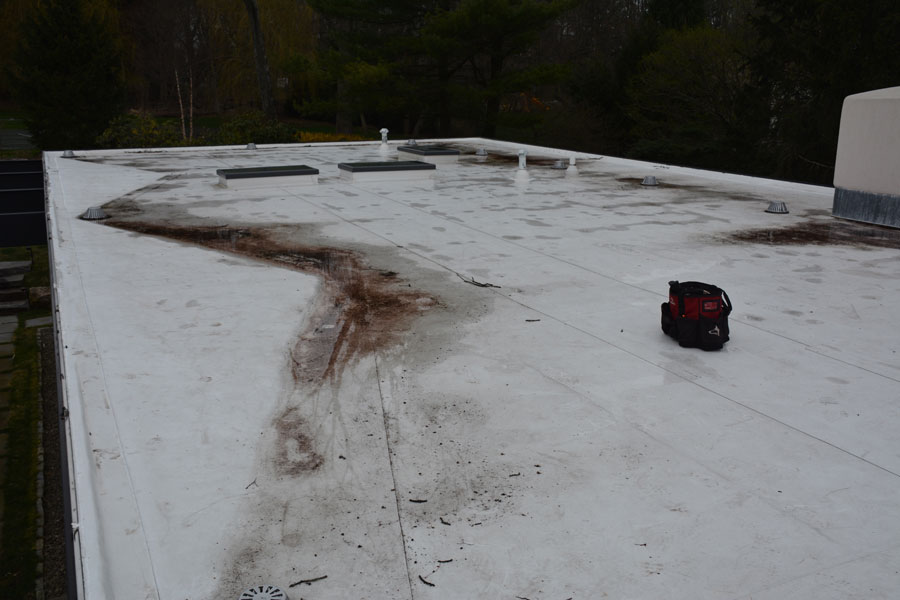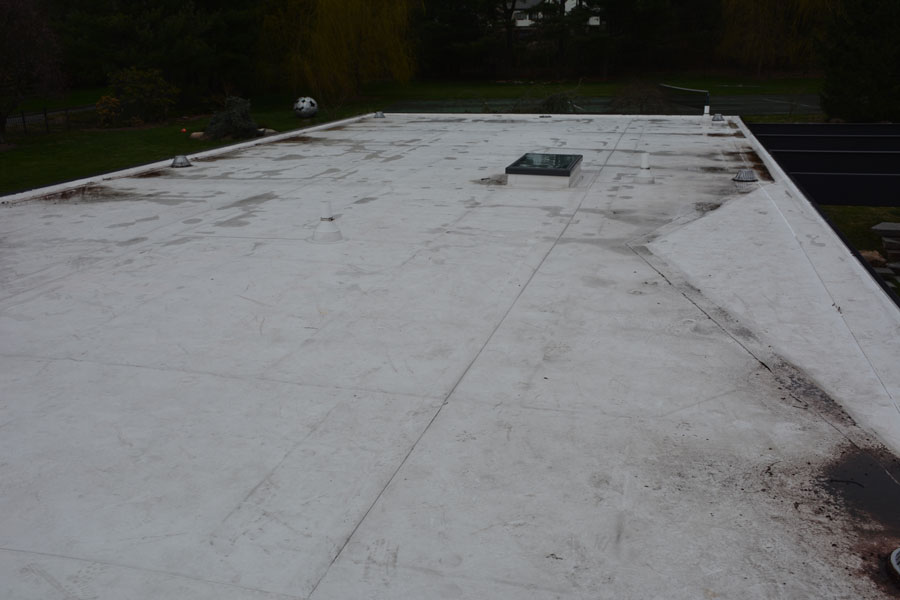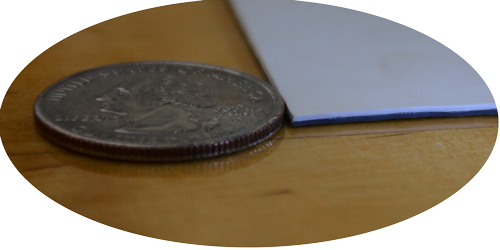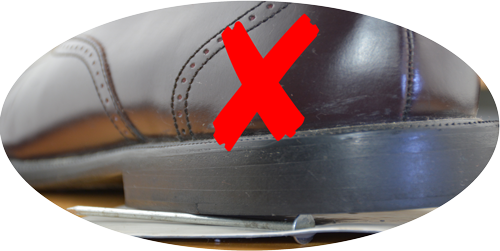TPO roofing, is a single ply vinyl membrane, installed on commercial flat roofs. It is not as durable as a 2 ply Torch Down rubber roof.
We Install and Repair Commercial and Residential Flat Roofs in:
- New York – Manhattan to Buffalo, Port Jervis, Peekskill, Brooklyn
- Connecticut – Hartford to Greenwich, Stamford, Milford, New Haven, Westport
- New Jersey – Newark to Trenton, Morristown, Parsippany, Paterson
- Pennsylvania – Philadelphia to Pittsburgh, Scranton, Wilkes-Barre, State College, Altoona
TPO Roofing for Commercial Roofs
A Thermoplastic Polyolefin, or a TPO roofing system, installed on commercial flat roofs, consists of a laminated vinyl membrane which comes in 2 thickness options; .045 and .060 thousandths of an inch, which is only equivalent to the thickness of a quarter.

TPO Roofing Advantages:
- The seams are welded, rather than glued, so they are less prone to separation if properly heated.
- Contractors are certified by the manufacturer to install the membrane and the manufacturer honors the warranty.
- TPO’s white surface reflects much of the ultraviolet light, keeping the structure below cooler.
TPO Roofing Disadvantages:
- The system is fairly new to the roofing industry; only about 15 years, with a long track record of revisions and improvements due to surface and seam failures.
- Repairs are part of maintenance due to shrinkage from prolonged exposure to harmful UV rays causing stress on seams and flashing.
- Contractors must calibrate welding machine correctly, otherwise, seams may come loose during the first freeze/thaw cycle and lead to water infiltration.
- The manufacturer’s warranty is only 15-20 years.
- When both the walk-behind and hand-held welding is done, a special tool is need to check the welds. If the welding did not take, it will require patching.
- *Different welders must be used on long seams and short seams.
*It has been our experience that TPO seams are not welded uniformly, which causes the seams to fail and the roof to leak. The walk-behind welder, that is used to weld lengthy seams, cannot weld the short seams around skylights, vents, drains, and a/c units. A hand held heat gun must be used in these tight areas, and the transition from where the larger heat welder left off to where the heat gun is used, becomes an issue because the applied heat differs. A good read is GAF’s study on TPO.
We Provide the Following Services
Residential and Commercial Flat Roofs
-
Installation of 2 Ply Rubber roofing
-
Repair of all flat roofs
-
Replacing of skylights
-
Repairing metal roofs inexpensively
-
Provide Free Estimates and Advice and best solutions
-
Re-positioning Drains to cause positive flow
-
Installing Scuppers to remove pooling water
-
A/C curb installation
-
Finding and Repairing all leaks
-
Roof Drain Installation
Call Anytime:
CT 203 246 6089
PA 724 221 2968
Contact us by Email
commercialroofusa@gmail.com
Use this email to send images of your roof problem.
Text Messaging: 203 858 0080
TPO Roofing Membrane
TPO is a single ply vinyl membrane, as thick as a single quarter, and comes in wide rolls of between 8 and 16 feet. A glue down process adheres the membrane to a substrate. The seams are welded with a walk-behind welder and a hand-held heat-gun. When seams are heat-welded, it is of the utmost importance that the heat be perfectly calibrated throughout the day of installation, otherwise, cold, wind, and humid weather conditions, will affect the quality of the welded seams. When TPO roofing has been installed, a tool must be used to check the quality of the seams to ensure that the heat-weld has taken.
TPO Roofing – Surface Preparation
Before a TPO roofing system can be installed, the substrate must be free of dust, dirt, and debris to provide a smooth surface for the gluing process, however, installing a recovery board over an existing roof, can also provide a smooth surface. Regardless of the type of surface preparation, the TPO roofing system is still a single ply membrane that will not last as long as a two ply Modified Bitumen Torch Down Rubber Roof Membrane System.
Summary
Although TPO is a good roofing system, there are still many inconsistencies with the heat-welded seams. Seam separation is prominent in cold weather climates. Also, the thin laminated membrane is very susceptible to punctures due to foot traffic, which is not covered by the manufacturer’s warranty. A good read is GAF’s study on TPO.





